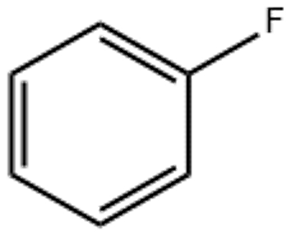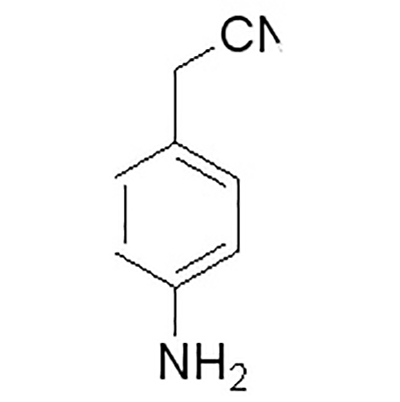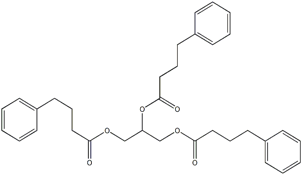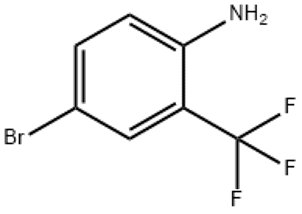Benzyl alcohol(CAS#100-51-6)
| Risk Codes | R20/22 – Harmful by inhalation and if swallowed. R63 – Possible risk of harm to the unborn child R43 – May cause sensitization by skin contact R36/37/38 – Irritating to eyes, respiratory system and skin. R23/24/25 – Toxic by inhalation, in contact with skin and if swallowed. R45 – May cause cancer R40 – Limited evidence of a carcinogenic effect |
| Safety Description | S26 – In case of contact with eyes, rinse immediately with plenty of water and seek medical advice. S36/37 – Wear suitable protective clothing and gloves. S24/25 – Avoid contact with skin and eyes. S23 – Do not breathe vapour. S53 – Avoid exposure – obtain special instructions before use. |
| UN IDs | UN 1593 6.1/PG 3 |
| WGK Germany | 1 |
| RTECS | DN3150000 |
| FLUKA BRAND F CODES | 8-10-23-35 |
| TSCA | Yes |
| HS Code | 29062100 |
| Toxicity | LD50 orally in rats: 3.1 g/kg (Smyth) |
Introduction
Benzyl alcohol is an organic compound. The following is an introduction to the properties, uses, preparation methods and safety information of benzyl alcohol:
Quality:
- Appearance: Benzyl alcohol is a colorless to yellowish liquid.
- Solubility: It is slightly soluble in water and is more soluble in organic solvents such as ethanol and ethers.
- Relative molecular weight: The relative molecular weight of benzyl alcohol is 122.16.
- Flammability: Benzyl alcohol is flammable and should be kept away from open flames and high temperatures.
Use:
- Solvents: Due to its good solubility, benzyl alcohol is often used as an organic solvent, especially in the paints and coatings industry.
Method:
- Benzyl alcohol can be prepared by two common methods:
1. By alcohololysis: Benzyl alcohol can be produced by the reaction of sodium benzyl alcohol with water.
2. Benzaldehyde hydrogenation: benzaldehyde is hydrogenated and reduced to obtain benzyl alcohol.
Safety Information:
- Benzyl alcohol is an organic substance, and care should be taken to prevent it from coming into contact with the eyes, skin, and taking it.
- In case of accidental contact, immediately rinse the affected area with plenty of water and seek medical attention.
- Inhalation of benzyl alcohol vapor may cause dizziness, difficulty breathing and other reactions, so a well-ventilated working environment should be maintained.
- Benzyl alcohol is a flammable substance and should be stored in a cool, ventilated place, away from open flames and high temperatures.
- When using benzyl alcohol, follow relevant safety operating procedures and personal protective measures.








